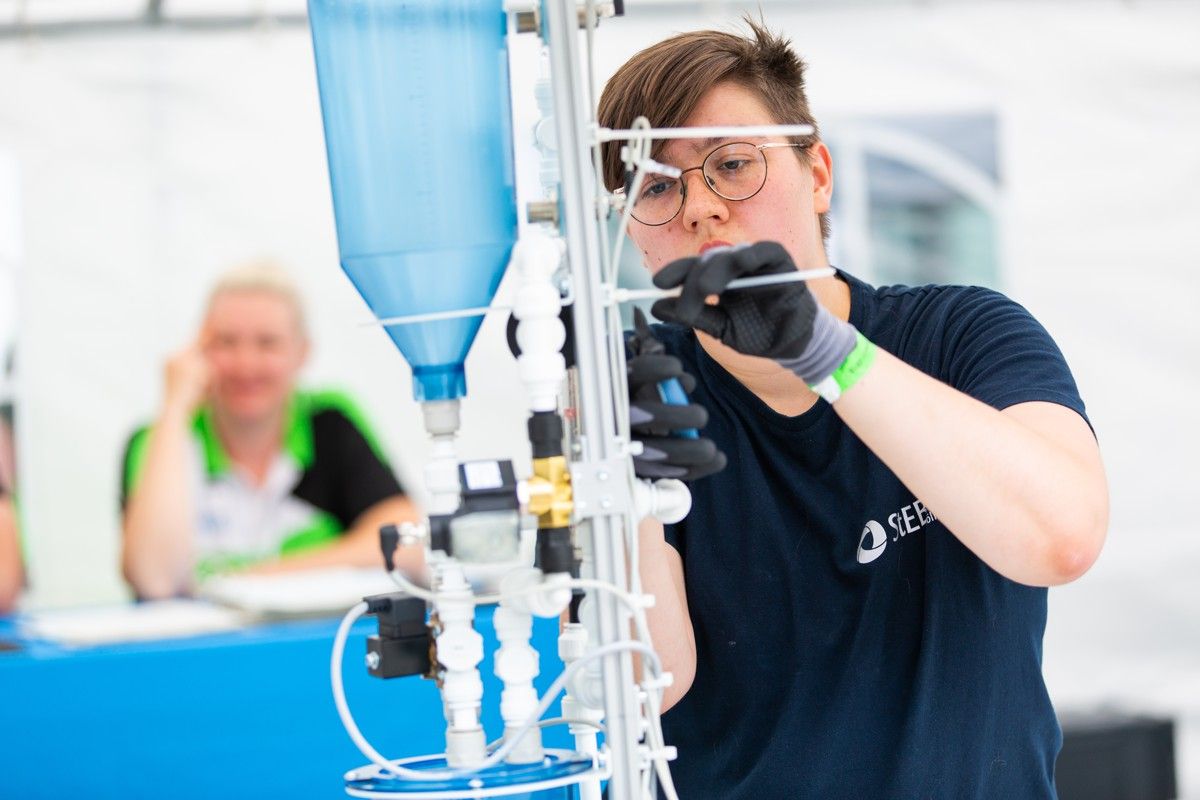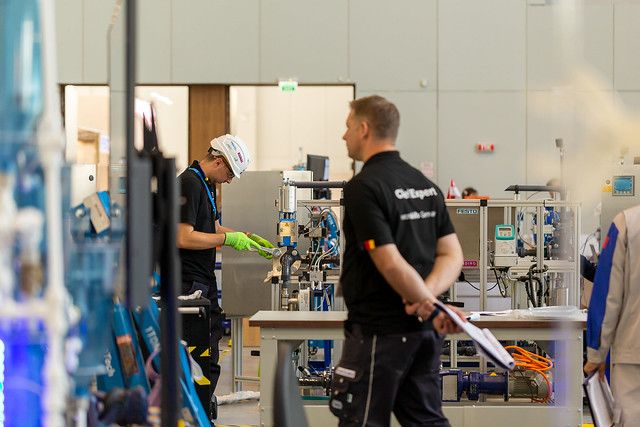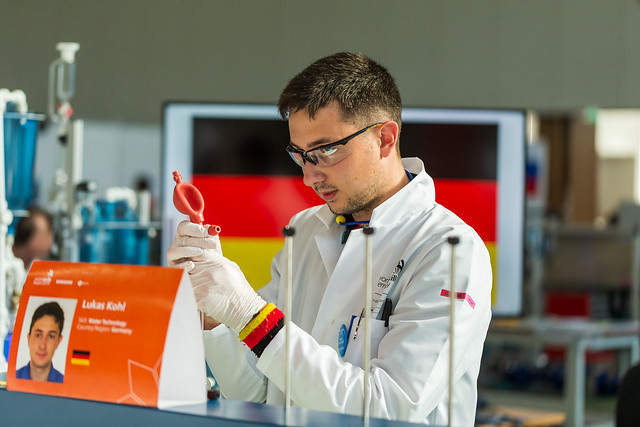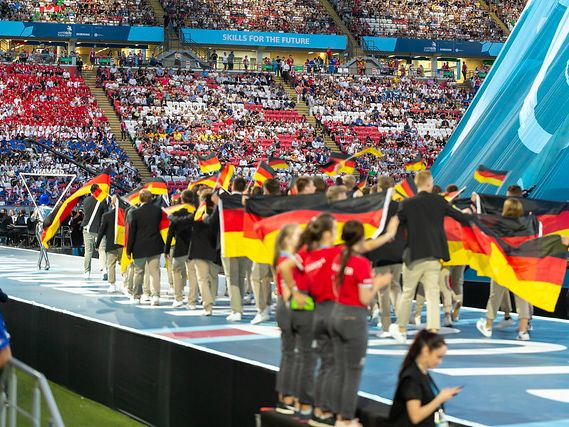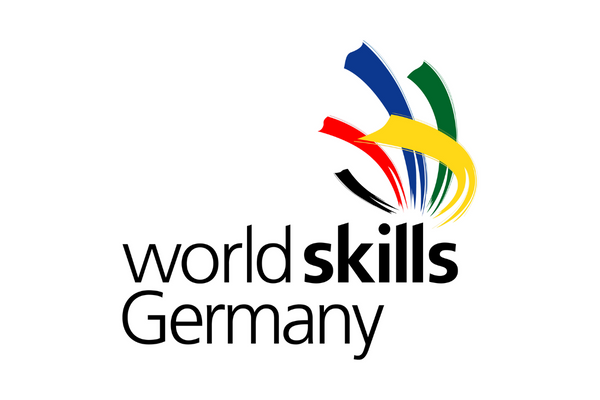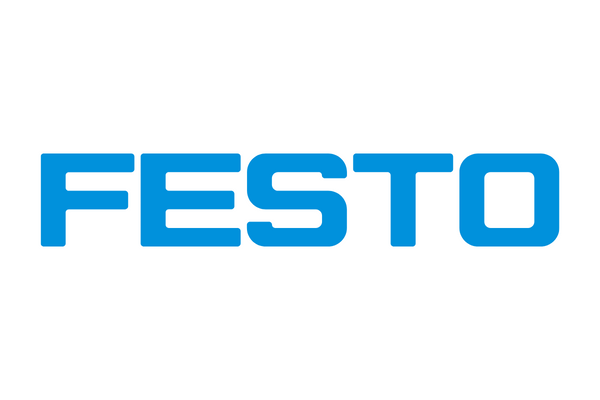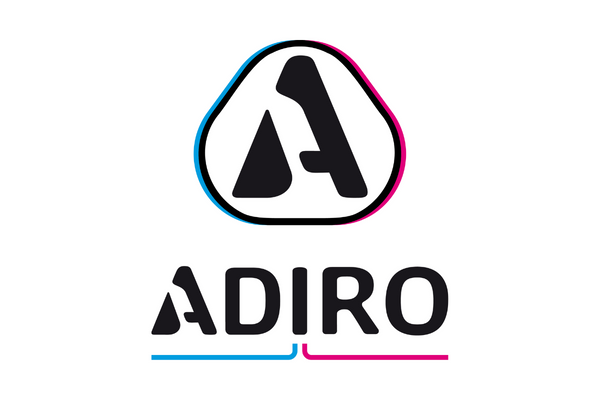Who masters his profession and competes on the international stage?
World Champions are not only made in sports
Together with partners like DWA, WorldSkills Germany aims at building a strong, innovative, and sustainable community of young professionals. Competitions such as WorldSkills motivate trainees, strengthen vocational education and support lifelong learning. Participants become ambassadors for their professions and get young people enthusiastic about dual education. They are the authentic voice of youth in the skills debate.
What´s coming up soon?
The German Competitors Dash Board on Skill 55 “Water Technology”
Stay up to date with what's happening next in the world of WorldSkills.
